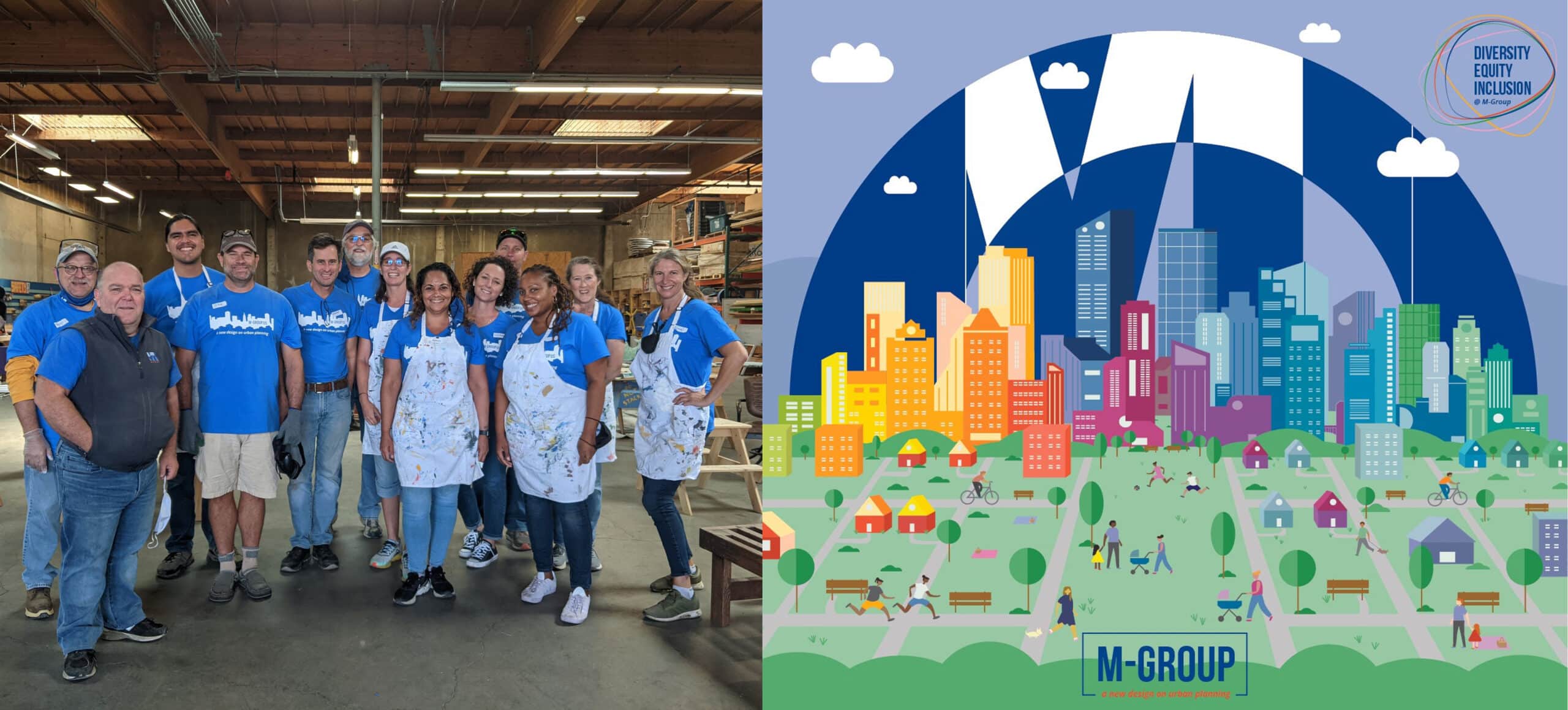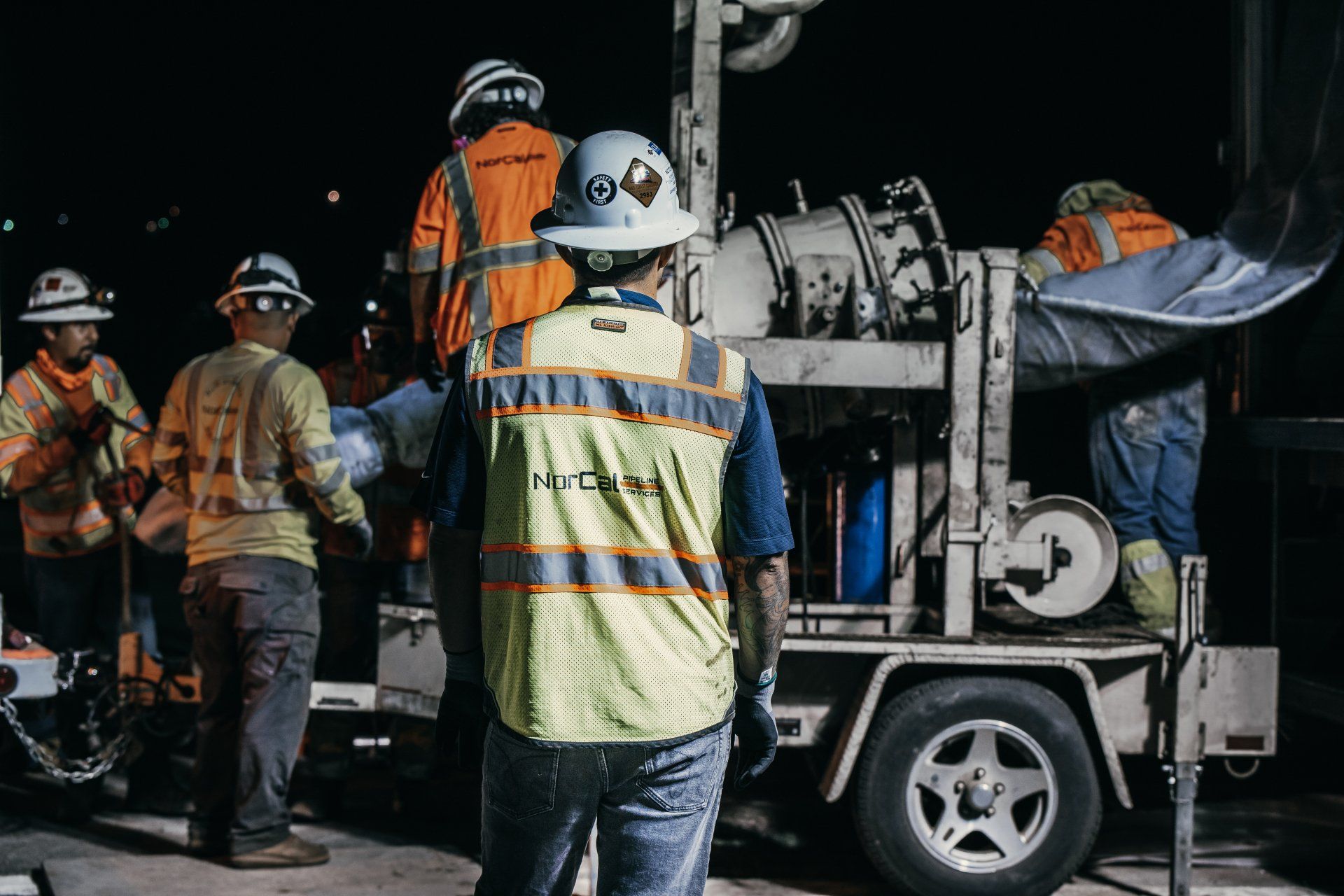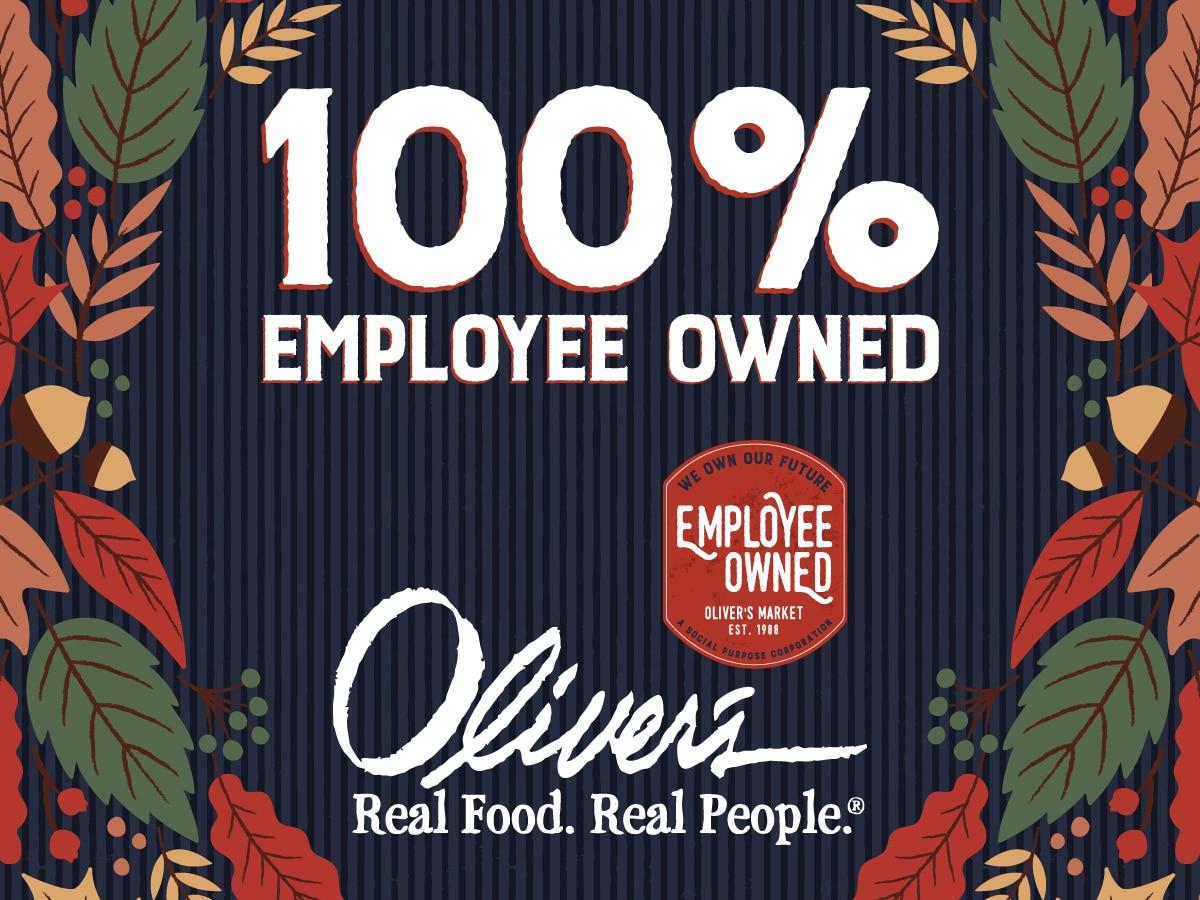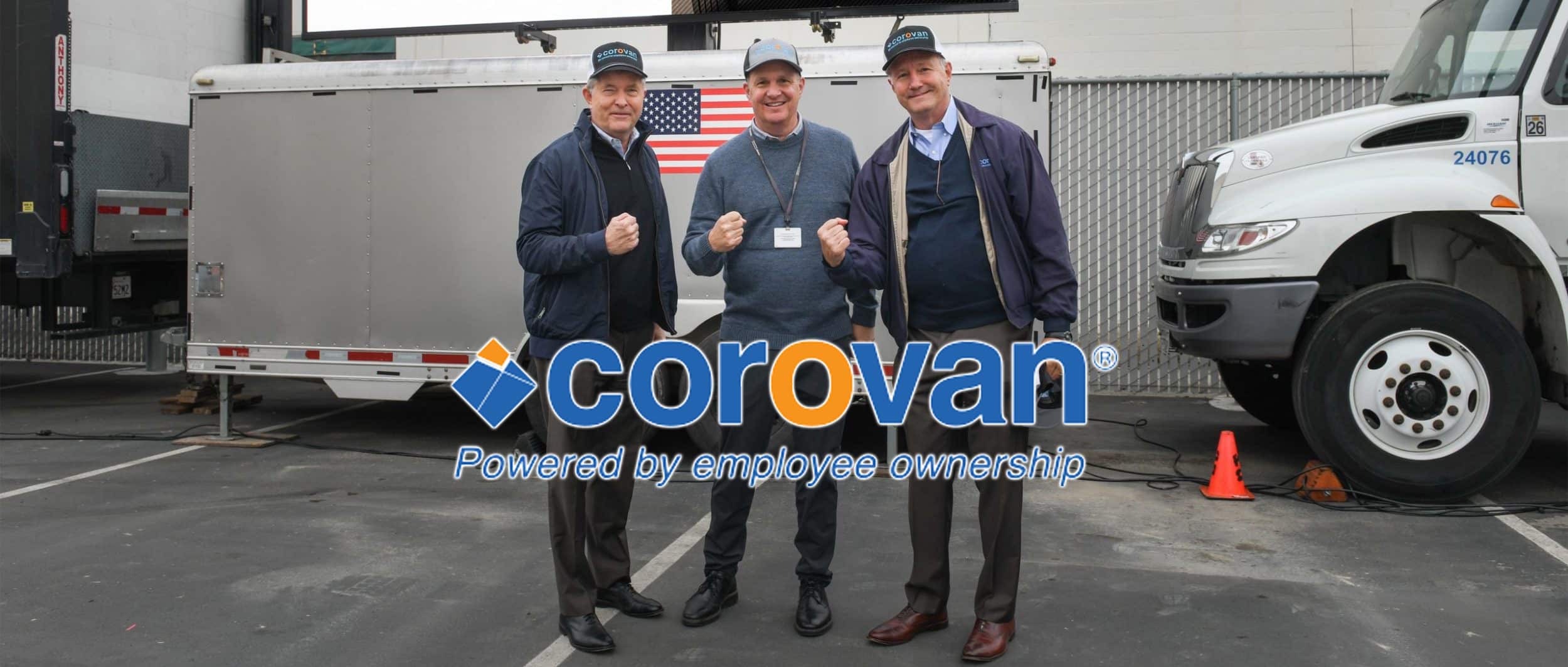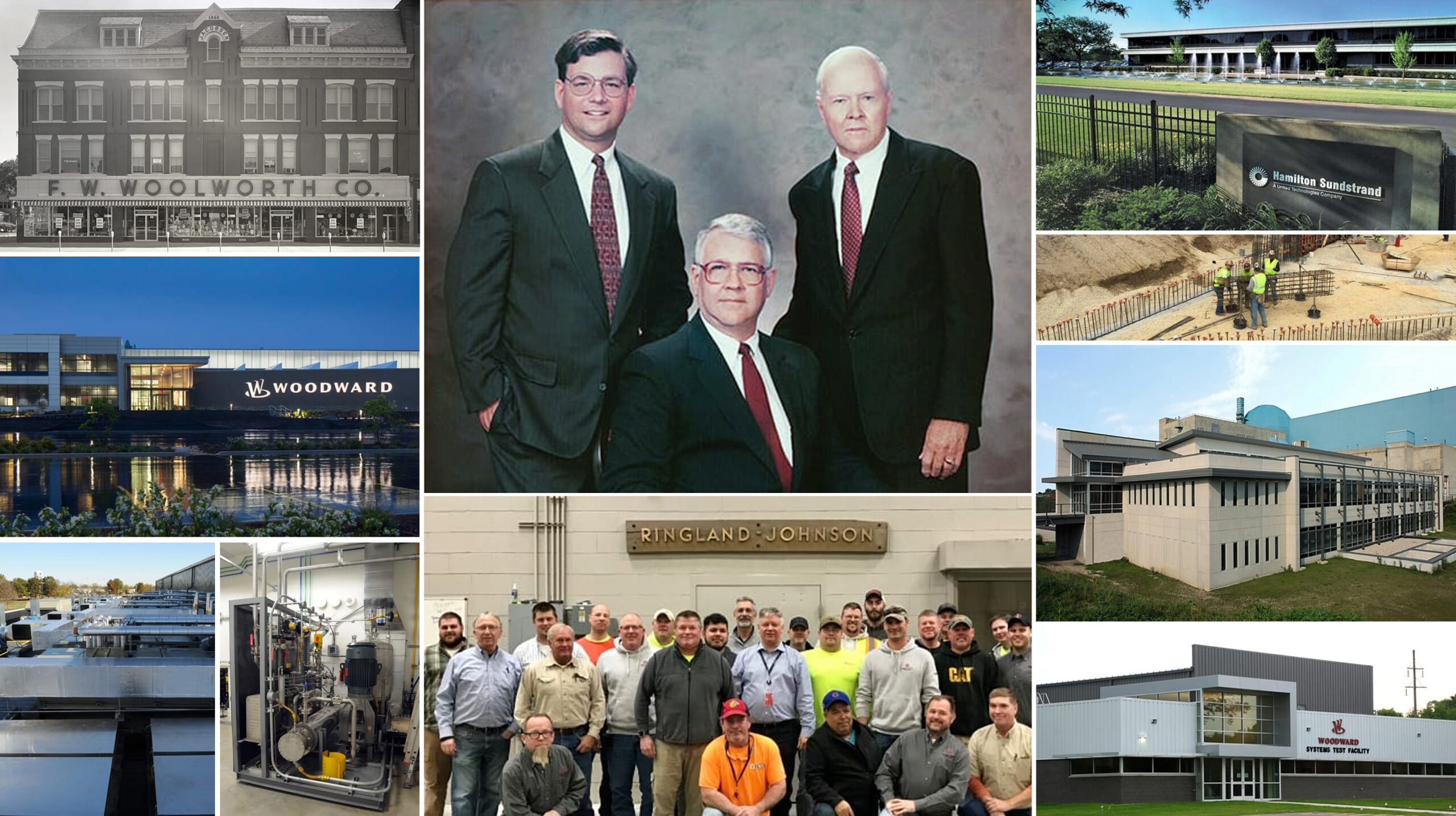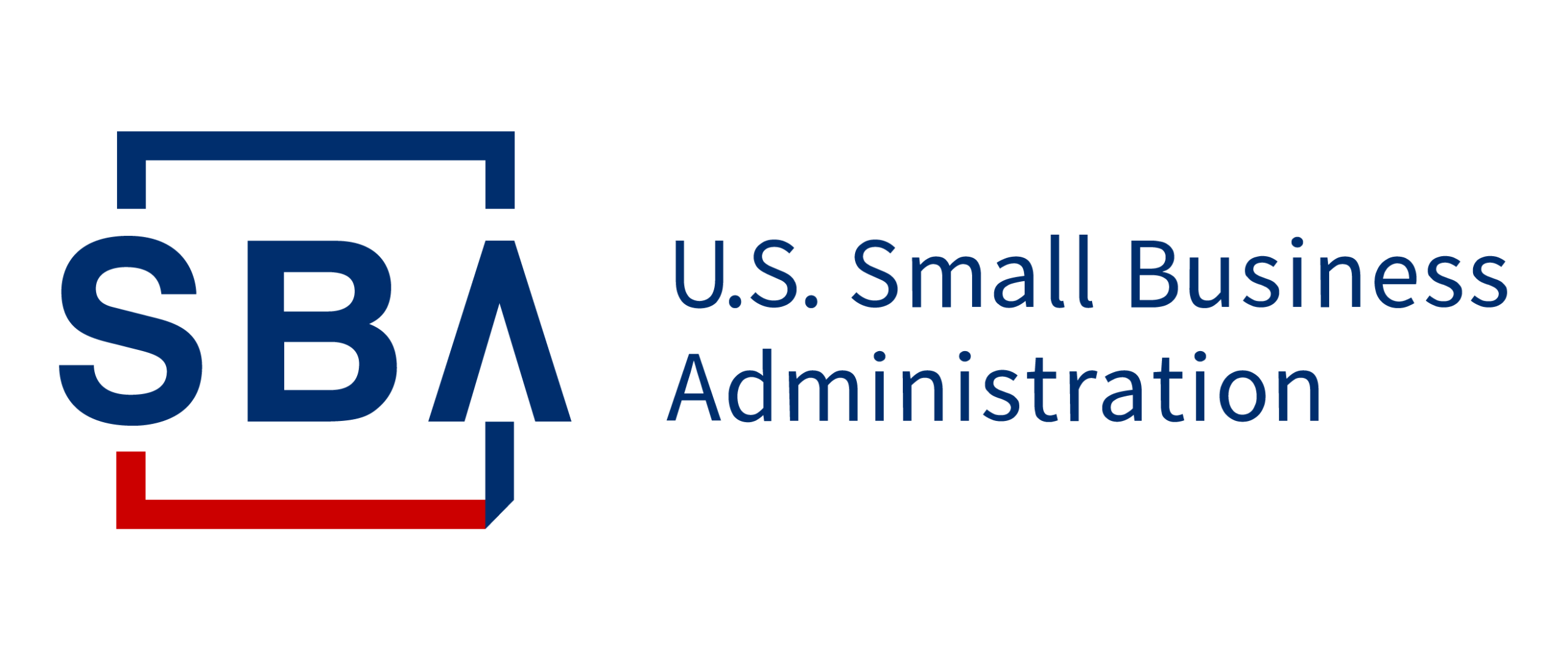
Small businesses looking to transition to an employee-owned model through ESOPs can benefit greatly from these regulatory changes.
Procedural Notice 5000-846607: Removing the Equity Injection Requirement
One significant change introduced through Procedural Notice 5000-846607 is the elimination of the “equity injection of at least 10 percent of total project costs” requirement for loans to ESOPs seeking to purchase a controlling interest in the business. This amendment, effective as of May 11, 2023, simplifies the loan application process and reduces the financial burden for ESOPs.
SOP 50 10, Version 7: Streamlined Loan Application and Expanded Eligibility
The new SOP 50 10, Version 7 incorporates the changes outlined in Procedural Notice 5000-846607, described above. ESOPs and eligible small businesses owned or controlled by an ESOP can now apply for loans through the SBA’s Preferred Lenders Program (PLP). This program streamlines the loan application process and may lead to expedited approval by the SBA. Moreover, loans to ESOPs are no longer ineligible for SBA Express processing, Export Express processing, and PLP-EWCP processing, expanding the financing options available to ESOPs.
SOP 50 10, Version 7 will become effective on August 1, 2023. It’s important to note that applications received by the SBA before this date will still follow the guidelines outlined in the current SOP Summary (SOP 50 10, Version 6). Lenders must continue using the existing SOP Summary until July 31, 2023.
Benefits for Small Businesses
In August 2018, Congress passed the Main Street Employee Ownership Act (MSEOA) which was aimed at removing barriers that historically hindered small businesses from obtaining loans from the Small Business Administration (SBA) to finance ESOPs.
The recent SBA guidance provides a significant boost to ESOP financing opportunities and aligns with the MSEOA’s objective of promoting employee ownership. The removal of the equity injection requirement eases the financial burden on ESOPs seeking to purchase a controlling interest in a small business. Additionally, the expanded eligibility for the Preferred Lenders Program and the inclusion of ESOP loans in various SBA processing programs enhance the efficiency and accessibility of loan applications for ESOPs.
Small businesses looking to transition to an employee-owned model through ESOPs can benefit greatly from these regulatory changes. By facilitating access to SBA loans, the government is encouraging the proliferation of employee ownership for this vital engine of economic growth in the United States.
Combined with the recent introduction of the Employee Equity Investment Act, which aims to address the challenge of raising capital for new ESOPs, and the passage earlier this year of the WORK and SECURE 2.0 Acts, which bring more awareness and clarity to the process of creating and administering an ESOP, Congress is easing the path to effective succession planning and long-term sustainability for American businesses and helping more workers to progress from employees to employee-owners.



